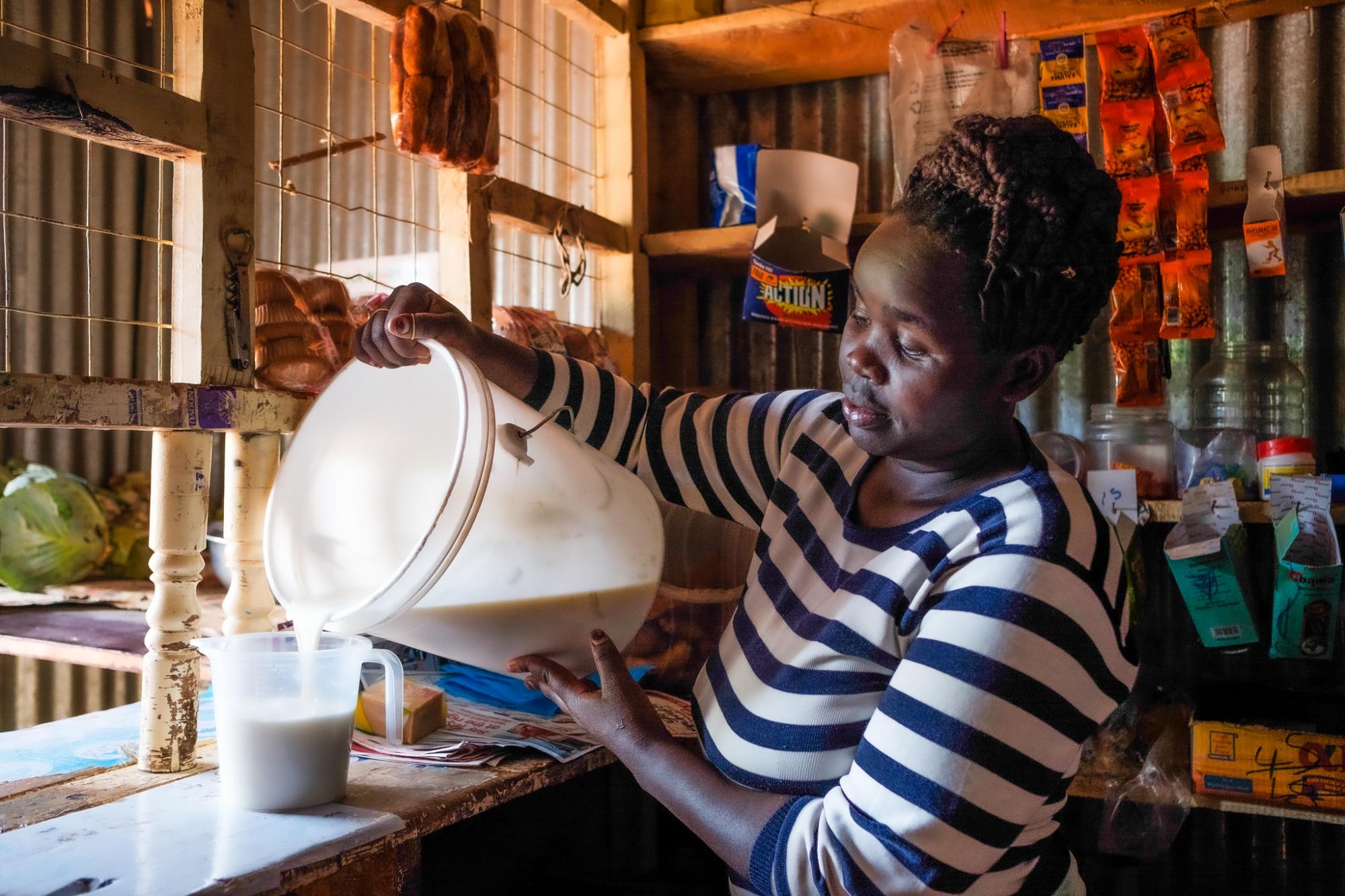
Health is Wealth: Prioritising the Consumer – 8 Dec
Core message
Event summary
When addressing food security, it is vital to understand the needs of individuals and communities. We must support food innovation that aligns with consumer needs, ensuring a sustainable supply of nutritious food. We must promote supportive policies and programs that make food nutritious, accessible and affordable.
This session by Climate Action brought together panelists to discuss the following questions: How can we promote sustainable and ethical consumption? How important are meat substitutes and lab-grown meats in future food systems? How can we develop sustainable food systems prioritising health?
Key takeaways
- One of the biggest challenges facing the global south is the lack of investment at the local level. Smallholder producers need greater access to knowledge, new technologies and capital. They also would benefit from training in improving the profitability of their farms so that they can be considered viable enterprises.
- The proliferation of fast-food chains is changing dietary patterns, contributing to rising instances of obesity and other related health issues.
- It is anticipated that meat substitutes and lab-grown meats will play a larger role in future food systems, owing to their benefits in enhancing sustainability and health. However, panelists at the session emphasized the need to ensure these solutions are context-appropriate, considering diverse cultural, economic and geographical factors across different regions.
- Greater efforts will be needed to shift public consciousness about food. One approach suggested was using popular culture avenues like sport and music to engage broader audiences in discussions on food-related issues.
- The simplistic characterization of foods as being either 'good' or 'bad' (such as meat vs plant-based foods) is counterproductive and polarizing. A more effective approach would be to assess the sustainability of various foods and work towards improving those food systems.
What panelists had to say
- ‘One vision that stands out is taking traditional and indigenous foods and including them in our food system toolkits… In the past, we neglected our indigenous source of foods, even though they are often more resilient to climate change. Using them in our toolkit gives us the opportunity to diversify.’ – Namukolo Covic, Regional Director, East and Southern Africa
- ‘How can we produce sustainable foods? And how can we align our diets to those production systems? We need to be more aware of the land around us. It's a consciousness shift that needs to happen, we need to start engaging people through popular culture like sport and music - how do we engage people who do not know much about these issues? The public is ready to respond, we just need to give them the tools and information to respond.’ – Adele Jones, Executive Director, Sustainable Food Trust
- ‘Over the past decade, I’ve seen a shift in India’s food culture, with small eateries vanishing and making way for multinational franchises, abandoning local cuisines.’ – Sourav Roy, CEO and Founder, Centre for Big Synergy
- ‘We need to look at sustainability, biodiversity, resilience and adaptability while preventing ballooning costs to the healthcare system.’ ‘We need advocacy to a shift in healthy diets’ ‘We need to link nutrition into primary healthcare.’ – Afshan Khan, UN Assistant Secretary-General and Movement Coordinator, Scaling Up Nutrition
Looking forward
The discussions highlighted the growing alignment of countries' Nationally Determined Contributions (NDCs) with food systems and underscored the importance of policy commitments in this area. The UN Food System Summit (UNFSS) has emerged as a promising entry point for drawing investments that will enhance sustainability in food, climate and nutrition, particularly given the unprecedented global interest in food sustainability. Addressing the systemic failure of food systems to combat malnutrition remains a critical, ongoing challenge. Additionally, the shift from competition to collaboration among stakeholders was emphasized as a forward-looking strategy to address the complex challenges of making food systems more sustainable.
‘We need to make sure that we have policies following commitments that hold people accountable. We need to use the UN food System Summit as an entry point to food systems sustainability. This is first time that we have so many countries wanting to do the same good work for food sustainability, opening unprecedented opportunities to attract investments.' - Namukolo Covic, CGIAR Regional Director for Eastern and Southern Africa